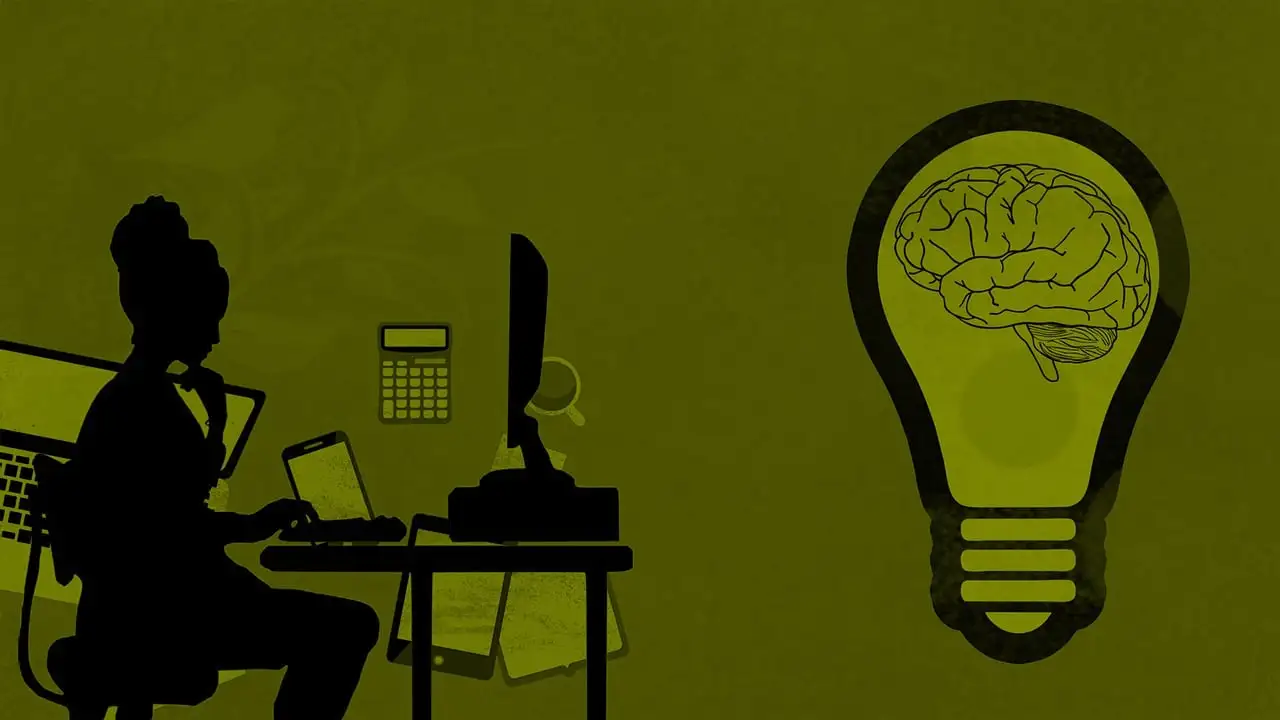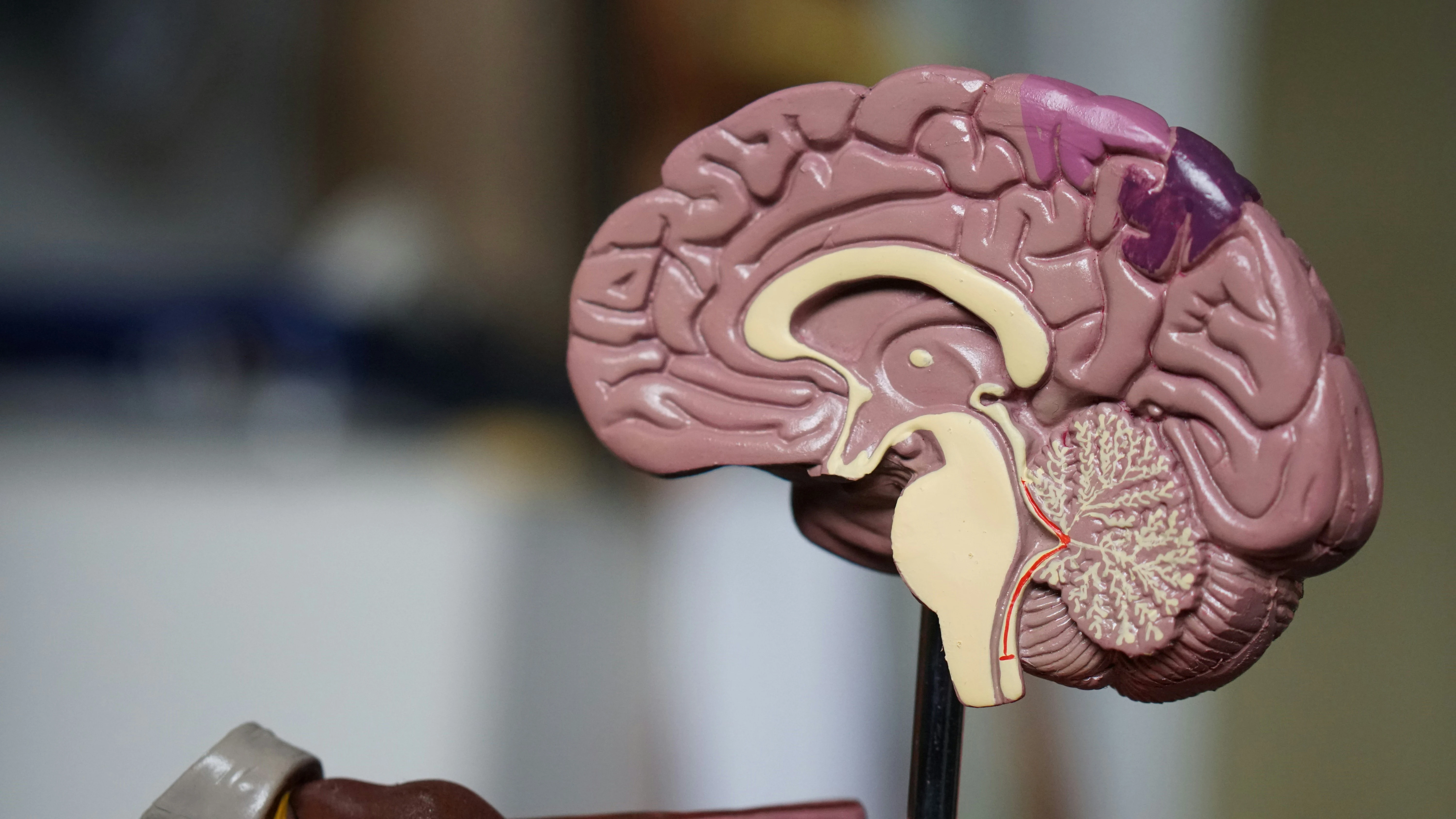

Family therapy, also known as family counseling, is a therapeutic approach that focuses on resolving conflicts, improving communication, and enhancing family relationships. It’s a powerful tool that can help families navigate difficult times, but like any therapeutic approach, it has advantages and disadvantages. In this comprehensive guide, we will delve into Family therapy advantages and disadvantages, exploring its benefits and the potential drawbacks families should consider before embarking on this transformative journey.
Understanding Family Therapy:
Family therapy is a form of psychotherapy that seeks to improve the relationships and functioning of a family unit. It operates on the premise that issues affecting one family member can ripple effect, impacting the entire family. The primary goal of a male marriage counselor near me is to identify and address these issues, promoting understanding, collaboration, and positive change within the family. Family therapy sessions may include a range of techniques, from open discussions and communication exercises to role-playing and problem-solving.
Advantages of Family Therapy:
-
Improved Communication:
One of the central advantages of family therapy is enhancing communication within the family. Skilled therapists facilitate open and honest discussions, creating a safe space for family members to express their thoughts and emotions. This improved communication can lead to a deeper understanding of each other’s perspectives and ultimately build stronger connections.
-
Resolution of Conflicts:
Family therapy provides a structured platform for addressing conflicts and disagreements. Through guided discussions, family members can identify the root causes of their disputes and work together to find mutually agreeable solutions. This resolution process can prevent conflicts from escalating and causing further harm.
-
Strengthening Relationships:
A male marriage counselor near me helps families rebuild and strengthen their bonds. By working through challenges together, family members can better appreciate each other and develop more profound connections. This newfound unity can lead to increased trust and support within the family.
-
Enhanced Coping Strategies:
Families often face challenging situations, such as the illness of a family member, the loss of a loved one, or financial stress. Family therapy equips families with effective coping strategies to deal with these difficulties. It fosters resilience and encourages family members to support one another during tough times.
-
Behavioral Change:
Family therapy can be a catalyst for change for families dealing with issues like substance abuse, eating disorders, or unhealthy relationship patterns. A family psychologist near me works with family members to identify enabling behaviors and support mechanisms that may perpetuate destructive patterns. Addressing these factors, family therapy can be instrumental in encouraging positive behavioral change.
-
Increased Self-Awareness:
Family therapy promotes self-awareness and personal growth. Family members gain insights into their behaviors and contributions to family dynamics. This self-awareness can lead to positive self-improvement and a deeper understanding of one’s role within the family.
-
Structured Approach:
A male marriage counselor near me provides a structured approach to addressing family issues. With the guidance of a trained therapist, family members have a clear path to follow when discussing and resolving their problems. This structure can be particularly beneficial for families struggling with complex issues.
Disadvantages of Family Therapy:
-
Resistance from Family Members:
Family therapy may not be effective if family members are resistant to the process. Sometimes, individuals may be unwilling to discuss their issues openly, hindering progress. This resistance can stem from fear, anger, or a lack of trust in the therapist.
-
Cost and Time Commitment:
Family therapy often requires a financial investment, and sessions can be time-consuming. Depending on the severity of the issues and the frequency of sessions, the cost and time commitment can add up. This can be a barrier for some families.
-
Not Suitable for All Issues:
While family therapy can address many issues, it may not suit all situations. For instance, severe mental health disorders that require individualized treatment may not benefit from family therapy alone. In such cases, individual and family therapy may be necessary.
-
Limited Effectiveness in Some Cases:
The effectiveness of family therapy can vary depending on the specific issues and the willingness of family members to participate. In certain cases, deeply ingrained issues may be challenging to resolve, and the therapy may only yield limited results.
-
Emotional Intensity:
Family therapy can be emotionally intense. Discussing longstanding conflicts and personal issues can evoke strong emotions, which may be difficult for some family members to handle. This emotional intensity can sometimes create additional stress.
-
Potential for Blame:
In identifying and resolving issues, family members are likely to blame each other. This blame game can exacerbate conflicts and hinder progress. Skilled therapists work to redirect these tendencies toward productive discussions, but it remains a potential drawback.
-
Privacy Concerns:
A family psychologist near me requires discussing personal and sensitive issues in a semi-public setting. Some family members may be concerned about their privacy and hesitant to share personal matters in front of others, including the therapist.
Is Family Therapy Right for You?
Family therapy has the potential to offer substantial benefits for families seeking to address conflicts, improve communication, and strengthen relationships. However, it’s important to consider the potential disadvantages and whether they apply to your situation. Every family is unique, and the decision to pursue family therapy should be based on a thorough understanding of its advantages and disadvantages.
When to Consider Family Therapy?
Family therapy is a powerful tool that can positively change family dynamics and individual well-being. Knowing when to consider family therapy is essential. It is advisable to explore this approach when:
- When family members struggle to communicate effectively, it leads to misunderstandings and conflicts.
- When conflicts persist and are not resolved through typical means or discussions.
- When a family member displays problematic behaviors or experiences significant changes in behavior.
- During major transitions, such as divorce, a death in the family, or the introduction of a new family member.
- When a family member is dealing with mental health challenges, addiction, or any condition that affects family dynamics.
- When family members wish to enhance their relationships, build stronger bonds, and create a more harmonious environment.
Conclusion:
Family therapy can be a transformative experience, offering advantages such as improved communication, conflict resolution, strengthened relationships, and more. However, potential drawbacks include resistance from family members, cost, and privacy concerns. Ultimately, the decision to engage in family therapy should be based on your family’s specific needs and circumstances. When used effectively, it’s a powerful tool that can lead to positive and lasting changes in family dynamics and well-being.




